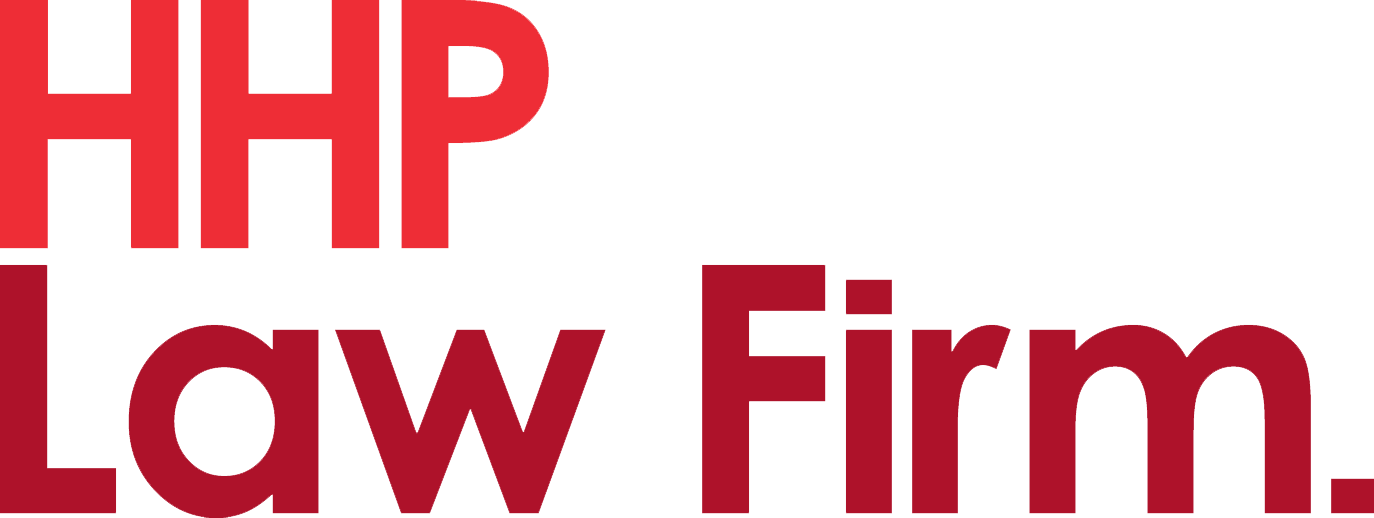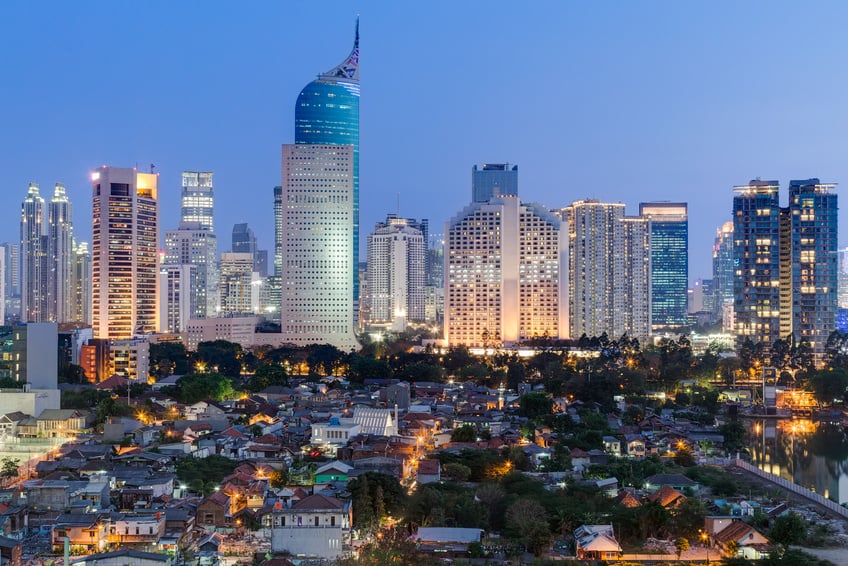Reports suggest that this Minister of Trade Regulation will first target social commerce platforms in particular
In brief
The Ministry of Trade has published Regulation No. 31 of 2023 on Provisions on Business Licensing, Advertisement, Development and Supervision of Business Actors in Electronic Systems Trading (“Regulation 31“), which came into force on 26 September and revoked Minister of Trade Regulation No. 50 of 2020 on the same subject matter (“Regulation 50“). This alert highlights that Regulation 31 now identifies social-commerce platforms (i.e., those platforms that feature social media functionalities) within the sphere of e-commerce operators’ business models. Regulation 31 introduces significant new restrictions on the activities of foreign merchants and e-commerce operators.
Contents
- Regulation 31 overview: Expansion of e-commerce business model and operators’ obligations
- E-commerce operators required to monitor foreign merchants’ compliance with Indonesian regulations and standards
- E-commerce operators to comply with and monitor compliance with Indonesian Competition Law
- More types of foreign e-commerce operators to be subject to local registration
- Minimum price limit applies to sales by foreign e-commerce operators
- Some forms of direct competition between e-commerce operators and merchants are prohibited
- Social commerce operators may not provide payment services
- Effectiveness and going forward
Regulation 31 prohibits social media platforms and online marketplaces from competing with merchants. Social commerce platforms are prohibited from facilitating payments. All e-commerce platforms are obliged to police the legal compliance of foreign merchants on their platforms and ensure fair competition among merchants. Direct e-commerce purchases from overseas will be curtailed. Lastly, we also highlight some uncertainties surrounding new concepts and terminologies used in Regulation 31.
Regulation 31 overview: Expansion of e-commerce business model and operators’ obligations
Regulation 50 was previously criticized for being insufficient to address issues surrounding certain groups of local merchants and manufacturers’ apparent lack of competitiveness against imported products. Fast-growing e-commerce activities in social media platforms have been blamed for this and have come under the spotlight lately.
Regulation 31 does not go as far as actually banning certain e-commerce models (as demanded by some critics). Rather, the Ministry of Trade chose to acknowledge social-commerce platforms as part of e-commerce activities, yet with a seemingly limited function. Social-commerce platforms are now only allowed to “showcase goods and/or services” and are prohibited from facilitating payment transactions. This policy effectively prevents any direct dealings between sellers and buyers within the platforms. Some local merchants and manufacturers have expressed concerns with this policy, as social-commerce platforms have helped in generating more business.
Regulation 31 also introduces new restrictions on interconnection between electronic systems used for e-commerce and those not used for e-commerce, without providing further clarity on what would fall under the latter category, which may lead to different interpretations. There are also some other additional compliance burdens imposed on e-commerce operators. These measures are imposed on local as well as foreign merchants and e-commerce operators. Violations of these measures, in general, may lead to administrative actions, including blocking of access to websites/platforms and revocation of business licenses. Clearly, it is important to understand how the Ministry of Trade plans to implement Regulation 31.
Before we go into more detail, we should note that with social-commerce platforms now forming part of e-commerce business models, Regulation 31 re-confirms that e-commerce activities can be in the form of the following business models:
- Online retailing
- Online marketplaces
- Online classified advertising services
- Price comparison services
- Daily deals
- Social commerce
This list is not exhaustive. References to “e-commerce operators” in this alert mean operators of these six business models, if not stated otherwise.
E-commerce operators required to monitor foreign merchants’ compliance with Indonesian regulations and standards
Regulation 31 requires local e-commerce operators to verify the fulfillment of the following conditions by foreign merchants. Moreover, the operators are required to “take an active role” in ensuring compliance, such as providing features to facilitate compliance and relevant information to the merchants. They may not list foreign merchants that fail to comply:
- The foreign merchants have a clear identity and comply with business licensing requirements in their country of origin. To verify compliance, the foreign merchants are supposed to provide a report from an independent surveyor and a legalized/apostilled copy of their license.
- The foreign merchants’ products comply with Indonesian standards (including halal standards), or, if there are no mandatory Indonesian standards, applicable standards in their country of origin.
- Indonesian language is used to describe foreign merchants’ products.
- The country of origin of the foreign merchants’ products is clearly identified.
- The foreign merchants have a bank account for transactions.
Information on the foreign merchants’ compliance is required to be posted by the e-commerce operators, presumably on their websites/platforms.
E-commerce operators to comply with and monitor compliance with Indonesian Competition Law
Regulation 31 requires e-commerce operators to undertake the following measures to ensure compliance with Indonesian competition law.
- Give all merchants an equal opportunity to do business, presumably on the e-commerce operators’ websites/platforms.
- Take measures and guard against “price manipulation” and take measures against unfair competition. Presumably, price manipulation includes price-fixing, predatory pricing and price-gouging. These measures must include preventive, monitoring and repressive measures, all of which are required to be set out in a standard operating procedure.
- Obligations 1 and 2 above may be read as applying to the e-commerce operators themselves, i.e., they may not act unfairly towards merchants if they are engaged in selling to consumers, or if their affiliates compete with merchants.
- Ensure that there is no interconnection between electronic systems used for e-commerce and those not used for e-commerce. There is also a requirement to prevent abuse of data by the e-commerce operators themselves as well as by their affiliates.
- Obligation 3 above seems to require strict data separation between e-commerce operations of a player (e.g., retailing/marketplace) and their non-commerce operations (e.g., social media). It remains unclear how this should be implemented, e.g., (i) when we consider the same multiple types of operations may be carried out by the same company; or (ii) when there is no further elaboration on what constitutes ‘non-commerce operations’ as this is a broad category.
- Submit reports of suspected competition law violations to the Indonesian Competition Commission (KPPU) within three working days after the alleged violation becomes known or is reported to the operator.
More types of foreign e-commerce operators to be subject to local registration
Under Regulation 50, foreign e-commerce operators were subject to Indonesian e-commerce regulations and had to establish a representative office in Indonesia if they fulfilled any of these criteria:
- They annually transact with at least 1,000 consumers in Indonesia.
- They annually deliver at least 1,000 packages to consumers in Indonesia.
Regulation 31 has added one more alternative criterion, namely traffic to the operator (presumably website/platform) constitutes at least 1% of total local internet traffic in Indonesia within a one-year period. This third criterion seems to be designed to cover social media websites/platforms that are not engaged in sale transactions with Indonesian consumers and are therefore not delivering products to Indonesian consumers.
Minimum price limit applies to sales by foreign e-commerce operators
Foreign and/or local e-commerce operators are required to impose a minimum price of USD 100 (free on board (FOB)) per unit, for purchases of finished goods from offshore to Indonesia. Previously, there was no minimum price limit. This limit appears to be designed to limit merchants which sell finished goods from offshore from competing with local merchants that are small-scale businesses that sell low-value items.
Regulation 31 provides for a possible exemption from the above restriction. The Minister of Trade will set out in a separate regulation a list of items that may be sold for less than USD 100.
Some forms of direct competition between e-commerce operators and merchants are prohibited
Regulation 31 prohibits online marketplaces and social commerce operators from “acting as manufacturers in accordance with laws and regulations on the distribution of goods.” This somewhat tortuous formulation seems to refer to Indonesian domestic trading regulations that prohibit manufacturers from selling their own products directly to consumers. Rather, that form of sales must be conducted through several layers of resellers, including a retailer (e.g., a merchant). This prohibition requires some clarification. At this point, we note that potentially it does not include a prohibition of online retailers selling their own brands in competition with merchants since they do not manufacture those items (they just purchase them from a supplier and apply their own branding), and they are licensed as retailers.
Social commerce operators may not provide payment services
Regulation 31 prohibits social commerce operators from “facilitating payment transactions in their electronic systems.” This prohibition may be read broadly as prohibiting platforms that run social media functions from providing billing, collection and other payment-related services, as well as prohibiting them from offering e-money services to merchants that offer products in their services. When we consider this provision together with the limited role of ‘social commerce’ defined under Regulation 31 and the prohibitions against system interconnection above, platforms that run social media functions are now compelled to separate their e-commerce features from social media features. This implies that social-commerce platforms are only allowed to host merchants to advertise products – some media outlets have reported that this is the intention of the Ministry of Trade.
Regulation 31 does not clarify if the prohibition against facilitating payments applies to platforms that already had social media and e-commerce features and held e-commerce licenses (which would permit them to facilitate payments) before the issuance of Regulation 31. However, some of the Ministry’s press releases suggest that the restriction is intended to apply to those types of platforms despite Regulation 31 acknowledging that existing e-commerce licenses will remain valid.
Effectiveness and going forward
Regulation 31 is effective as of its enactment date, i.e., on 26 September 2023. There is no transitional period, and therefore legally speaking, Regulation 31 is already in full force and can be fully implemented.
During its infancy, the enforcement of Regulation 31 appears to be targeted towards certain e-commerce operators (mainly social media platform operators). However, going forward e-commerce operators and merchants must be fully aware of the requirements and provisions in Regulation 31, and adjust their practice in order to ensure full compliance. It is also important to understand the whole regulatory framework for e-commerce, and how the relevant provisions play a role in the implementation of Regulation 31, e.g., Law No. 7 of 2014 on Trade (as amended), Government Regulation No. 29 of 2021 on the Implementation of Trade and Government Regulation No. 80 of 2019 on Trading Through Electronic Systems.
* * * * *

© 2023 HHP Law Firm. All rights reserved. HHP Law Firm is a member firm of Baker & McKenzie International. This may qualify as “Attorney Advertising” requiring notice in some jurisdictions. Prior results do not guarantee a similar outcome.



